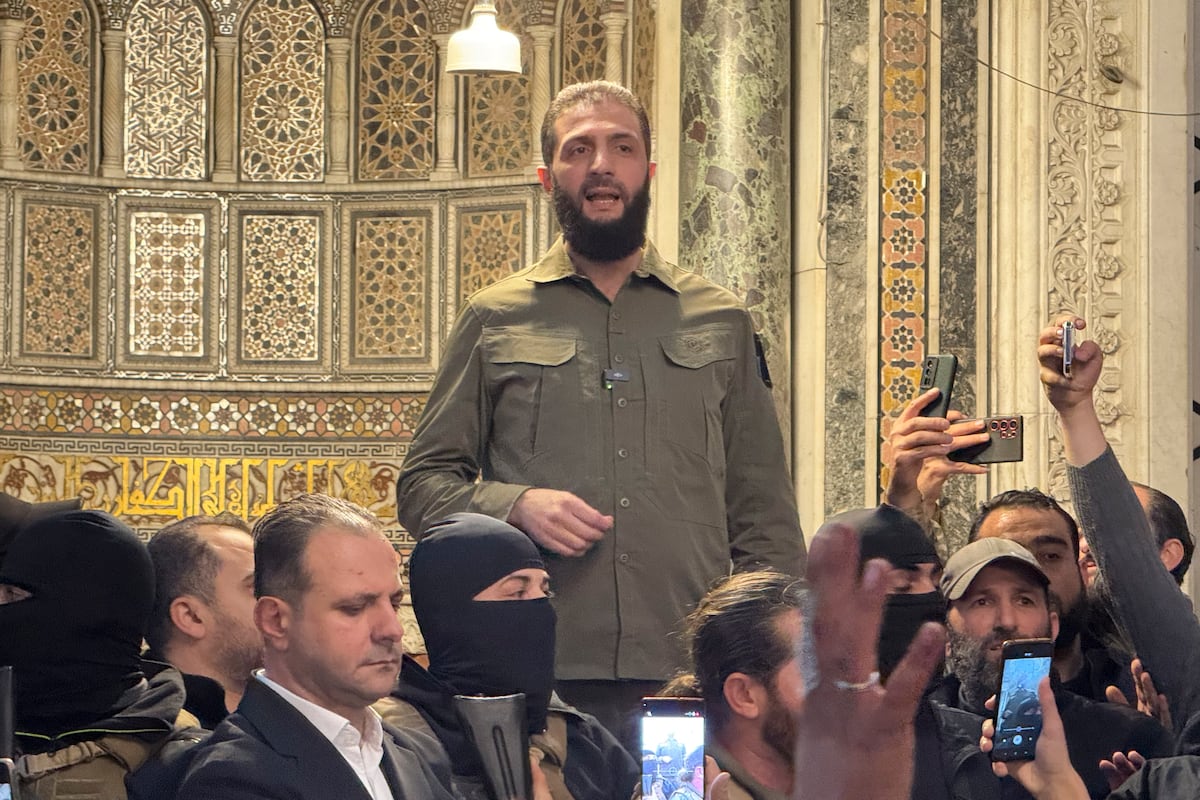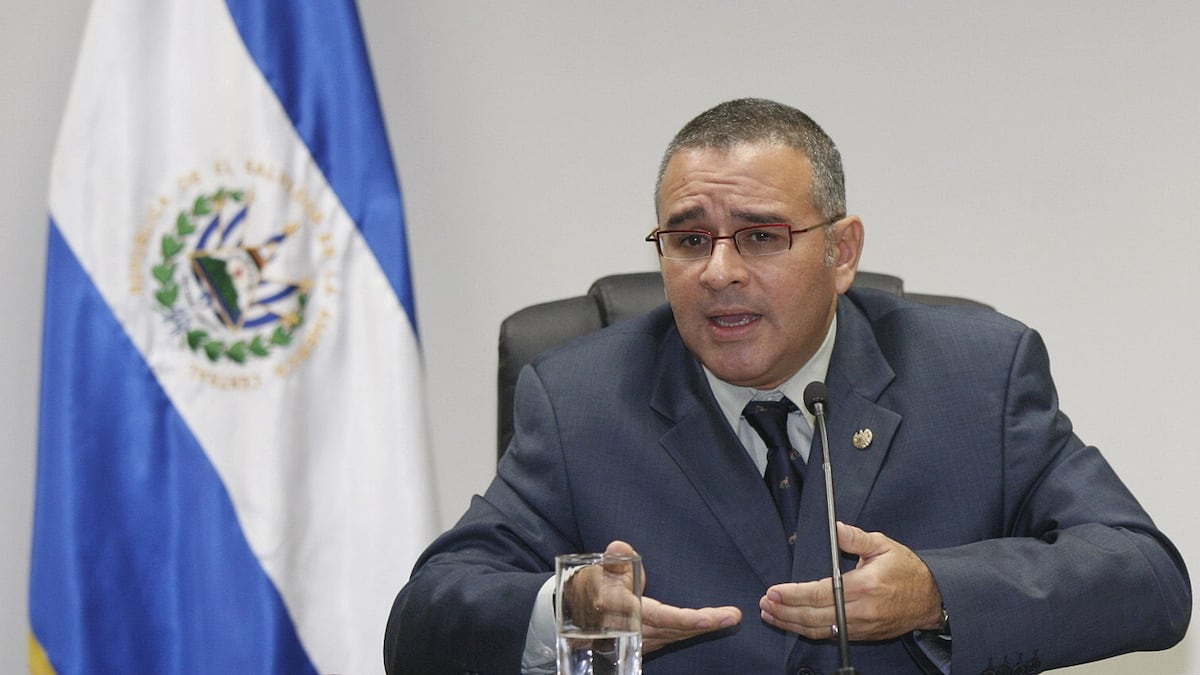The European Union is debating how to initiate contacts, as an institution, with the Syrian interim government led by Hayat Tahrir al Sham (HTS), designated as a terrorist organization by the UN and the United States, and the formulas to support the transition in the Arab country after the overthrow of autocrat Bashar al-Assad. The foreign ministers of the 27 member states will talk about HTS and the situation in Syria this Monday at a meeting in Brussels, the first led by the new high representative for Foreign Policy and Security, Kaja Kallas, who was in this weekend several meetings in Jordan with heads of diplomacy from countries in the region, the United States and other partners, to address the Middle East crisis. There is “caution” about the new authorities – a group that has been notably moderating its postulates, although it comes from the Syrian branch of Al Qaeda – but the idea is to launch preliminary contacts at the European level to gauge expectations about the political process and its consequences. main parameters, diplomatic sources explain. The debate comes as more and more Western states initiate contacts.
The United States has already initiated “direct contacts” with HTS, as acknowledged by Secretary of State Antony Blinken. The United Kingdom also claims that it has begun to have “diplomatic contacts.” Italy, at the diplomatic level, has also maintained initial contact with the Syrian interim government. France will send a delegation to Syria next Tuesday, as reported this Sunday by Foreign Minister Jean-Noël Barrot.
An internal note from the European Commission and the EU External Action Service (EEAS) to which Morning Express has had access speaks of “opportunities and risks” in Syria, after the fall of the Assad regime and possible scenarios that They range from stability and reconstruction at best to complete volatility and collapse at worst. There are other “critical points” on the horizon, such as Turkish operations in northern Syria, and Israeli operations in the south, says the note, which points out that not only must we discuss how to relate to HTS, but also what to do with the EU sanctions. The new Syria faces immeasurable challenges and the interim government does not even have control over the entire territory.
This Monday will be the first substantive debate on the new transitional government and comes fueled by the decision of more and more member states – including Germany, Austria and France – to suspend asylum applications from Syrians until the situation in that State, after almost 14 years of civil war, becomes clear.
Spain has criticized the decision to paralyze requests for international protection due to the volatility of the situation. “At that moment we must be absolutely cautious and not take any measure that could undermine the right to asylum and refuge,” Spanish Interior Minister Fernando Grande-Marlaska remarked on Thursday in Brussels. “We are in a very early situation and with possibilities that, in our opinion, do not advise taking any measure that could limit this international law,” he added before entering a meeting with his European counterparts.
But with the immigration debate very hot in several Member States, where it is a very divisive issue of national politics, the idea of hundreds of thousands of Syrian refugees returning home is spreading. In Austria, where asylum seekers from that country make up the largest group (as in Germany), the authorities initially talked about deportation. Now, however, they have assured that they will give 1,000 euros to refugees who voluntarily return to Syria. “Austria will support Syrians who wish to return to their country of origin with a return voucher of 1,000 euros. The country now needs its citizens to rebuild itself,” conservative Chancellor Karl Nehammer said on social media.
The European Commission has called for “prudence,” saying that the conditions for a “safe, voluntary and dignified return” to Syria are not yet met. He also believes that there should be a common position within the EU on this. However, at the same time, it is studying how to “incentivize” the return of those who wish to do so, as explained by the new Interior Commissioner, the Austrian Magnus Brunner.
The head of the community Executive, Ursula von der Leyen, will travel to Ankara this Tuesday to meet with the Turkish president, Recep Tayyip Erdogan, and talk about Syria. Since 2011, the EU has given some 10 billion euros to Ankara to manage aid programs for refugees and asylum seekers settled in that country; the majority (3.1 million), Syrians. Controversial funds, since abuse and mistreatment have been detected in centers financed by the EU. Türkiye has announced that it will reopen its Embassy in Damascus, closed since 2012.
The EU has already announced that it will mobilize an additional four million euros for the humanitarian organizations it works with in Syria – bringing total support in 2024 to €163 million, according to the Commission – and the launch of an operation of “air bridge” to initially deliver 50 tons of health supplies through neighboring Turkey.








